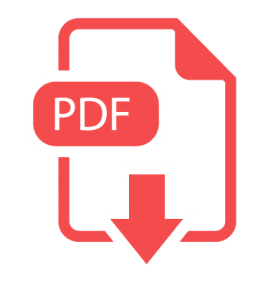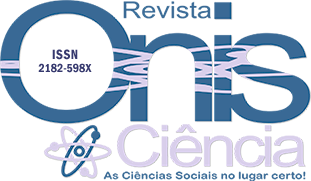TAXA DE CÂMBIO, EXPORTAÇÃO E A BALANÇA COMERCIAL
Gregory Moyses Volpato
Aluno da disciplina de Finanças Internacionais da Universidade de Caxias do Sul, Campus Universitário da Região dos Vinhedos.
Diogo Fávero Pasuch
Bacharel em Ciências Contábeis – UCS; Especialista em Educação a Distância – Senac; Mestre em Contabilidade e Controladoria – Unisinos, Doutorando em Contabilidade Uminho/Aveiro Portugal.
Este artigo relaciona as variações cambiais com a balança comercial brasileira no período de 2012 a 2015, buscando identificar possibilidades que possam afetá-la de forma negativa, mesmo em períodos de apreciação cambial. Com o objetivo de encontrar os motivos pelos quais a desvalorização do real não se converteu em superávits na balança comercial, foram analisados saldos comerciais dos anos citados e seus respectivos motivos, utilizando-se de figuras explicativas. O trabalho conclui que há outras variáveis que devem ser consideradas para a análise do saldo da balança comercial, tais como: produtos exportados, política do país, os mercados externos e a inflação.
Palavras-chave: Balança Comercial, Dólar,Déficit, Exportações.
EXCHANGE RATE, AND THE EXPORT TRADE BALANCE
ABSTRACT This Article lists the exchange rate fluctuations with the Brazilian trade balance in the period of 2012 to 2015, seeking to identify opportunities that are likely to affect it in a negative way, even in periods of exchange rate appreciation. With the objective to find the reason that the devaluation of the Brazilian real has not resulted in surpluses in the balance of trade, were analyzed trade balances of the years and theirs respective reasons, using explanatory figures. The study concludes that there are other variables that should be considered for the analysis of the balance of trade, such as; the exported products, foreign markets, politics in the country and inflation.
Keywords: Trade Balance, Dollar, Exports.

